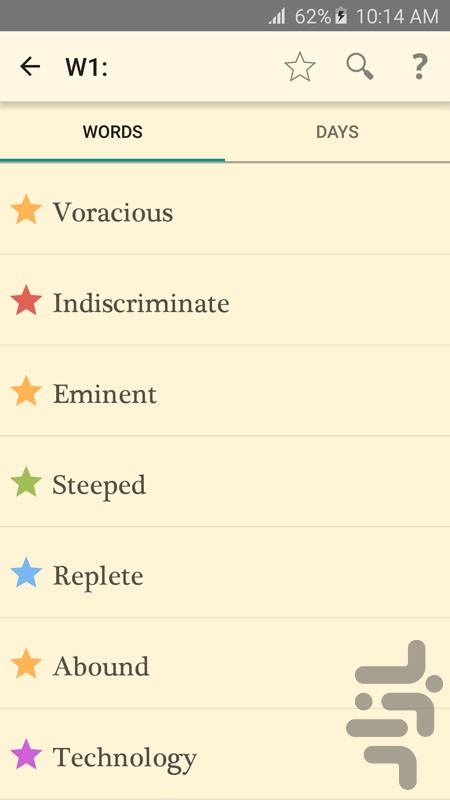

Many of these grants are taxable and will need to be included on your tax return. These grants may have come from your local authority (such as the small business support grants), government departments (for example the devolved administrations) or from HMRC (such as the Self-Employment Income Support Scheme (SEISS) grants). You may have received financial support for your business during the Coronavirus pandemic.

Do I need to include Coronavirus business support grants on my tax return? For more information, see our section: What is Making Tax Digital for Income Tax and how will it affect me?.

It is due to come into effect from April 2024 onwards. This new way of providing HMRC with details of self-employment income is currently in the pilot stage. The tax return system will eventually be replaced by HMRC’s ‘Making Tax Digital for Income Tax’ regime for many self-employed taxpayers. In 2015, the government announced their intention to abolish Self Assessment tax returns. See How do I register for tax and National Insurance? for more information. Once you have registered as self-employed with HMRC you will receive a notice shortly after the end of the tax year to tell you that you need to complete a tax return for the tax year that has just finished. If this is the case you may not need to report this income to HMRC. When you have calculated your taxable profits from self-employment, you will need to report that income to HM Revenue & Customs’ (HMRC) so that you can pay the correct amount of tax, unless you are entitled to trading allowance full relief.


 0 kommentar(er)
0 kommentar(er)
